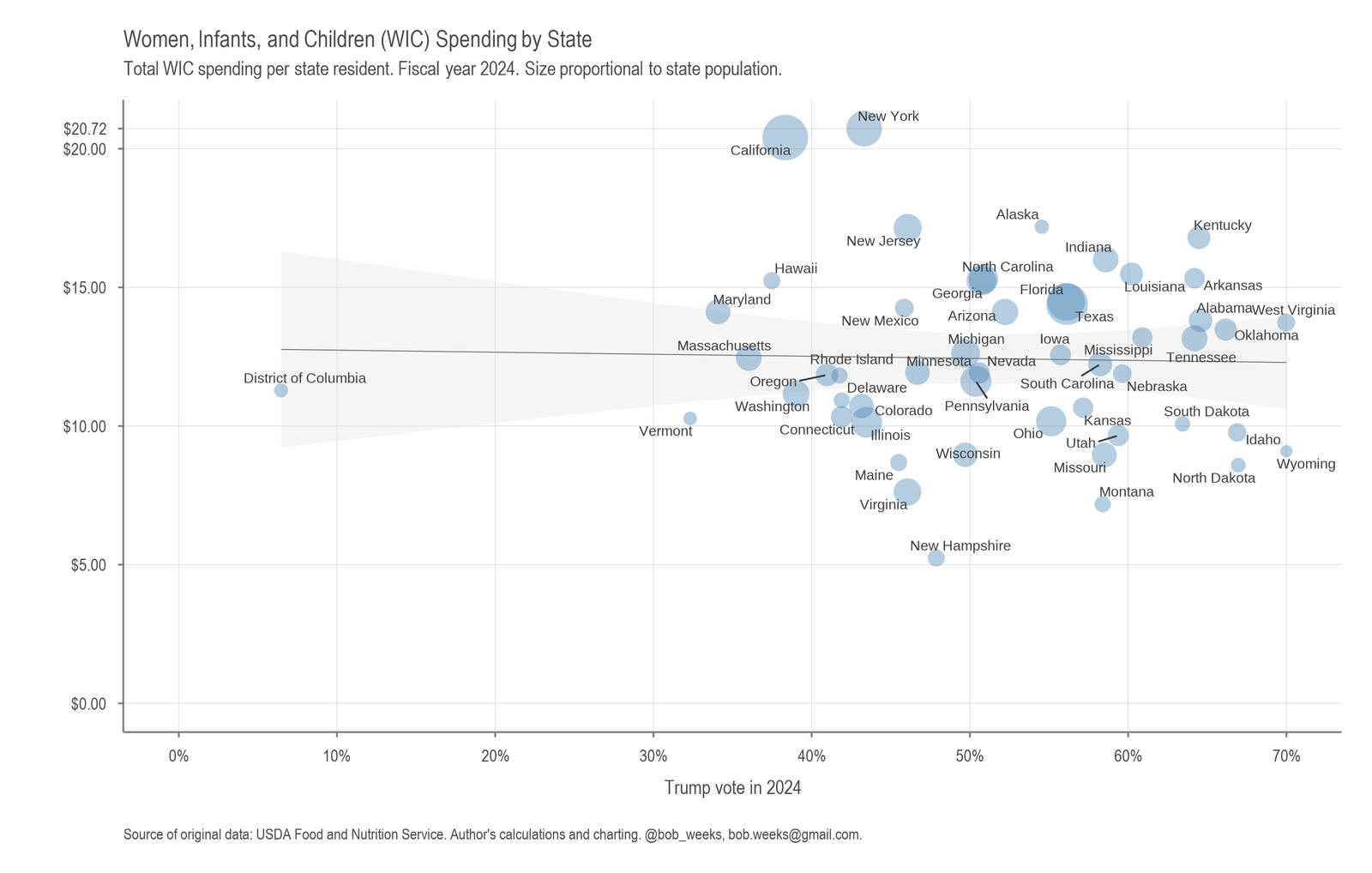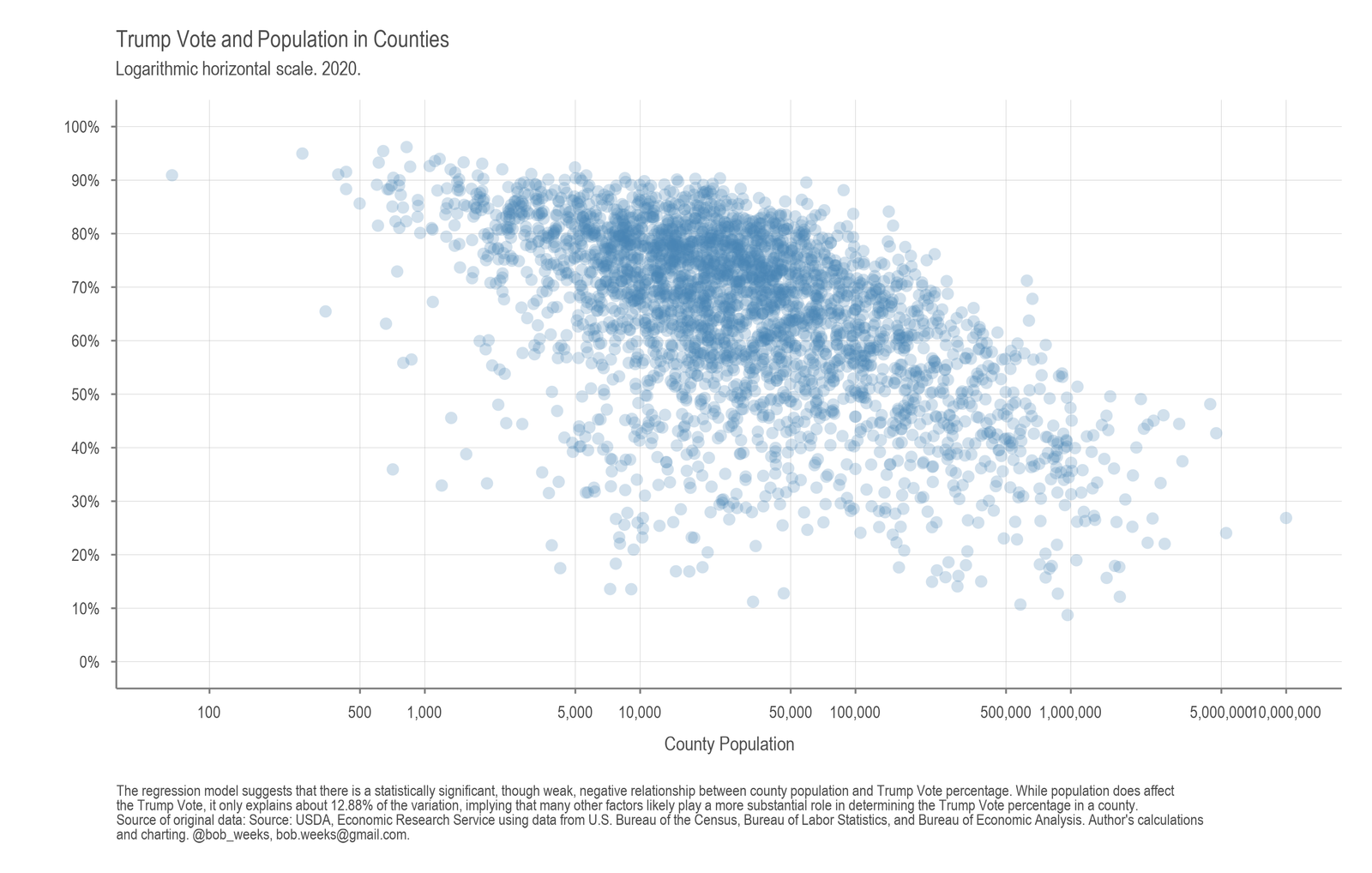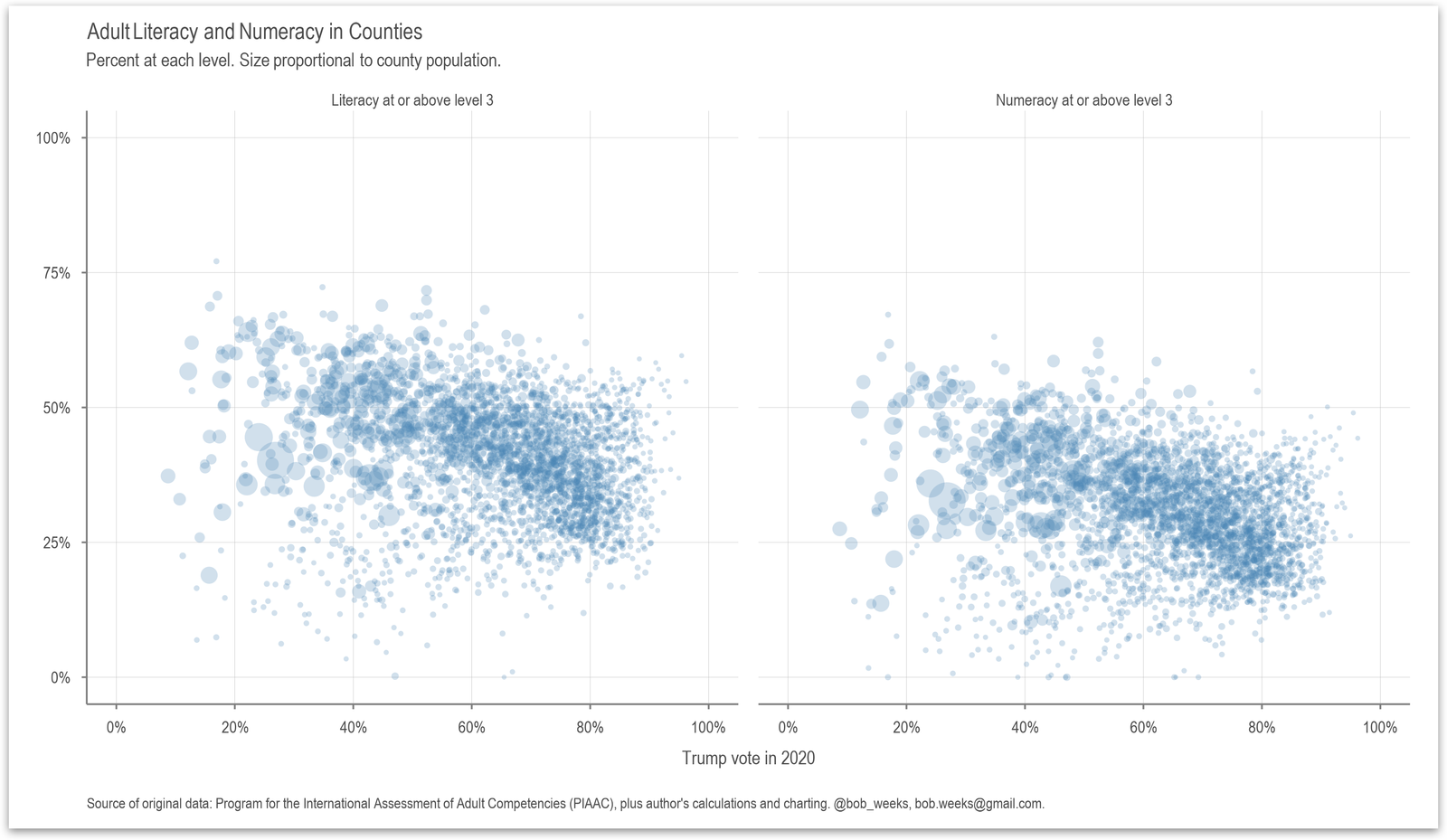The Wichita city council will consider an ethics code that overlooks a simple and effective solution to a problem.
This week the Wichita City Council will consider the final version of a proposed ethics code. It does not cover campaign finance. It does cover gifts to council members, which has been an issue in the past.
Part of the problem with the proposal is the creation of a new board, the Ethics Advisory Board. Its members will be asked to judge things like whether a gift is “… intended or has the appearance or effect …” The board will be asked to judge intent. It will need to consider how things appear. This is all highly subjective.
A further problem is that the new code requires disclosure of gifts, but on an annual basis. This means that by the time the public becomes aware of activity, it is likely past the time when awareness has value. If information about gifts has value in helping people make informed voting decisions, we need to have timely disclosure. This is also a problem with the disclosure of campaign contributions in Kansas.
Rapid disclosure of gifts can help citizens judge the actions of elected officials. Disclosure should have these properties, and the propsed code has none:
- Disclose everything. This means everything, except gifts from family. If someone buys lunch or coffee for an official, it must be disclosed.
- Disclose rapidly. Something like filing a report each Monday covering activity during the previous week.
- Disclose online.
- Disclose effectively. This means information entered in a machine-readable format that can be downloaded in useful form.
Some of the points that have caused disagreement include the meaning of friends. If we want to restrict the involvement of friends, how do we define the term? This is a problem with the current ethics ordinance in Wichita. City attorneys have told us that with no definition of the term friend, the ordinance can’t be enforced. See In Wichita, a problem with government ethics, Wichita fails ethics test, Wichita City Council can’t judge airport contract.
Disclosing everything eliminates the issue of someone deciding the meaning of friend. Voters and others can make their own decisions. Elected officials’ opponents will help us learn this.
(An old saw: “Why bother researching your family? Just go into politics, and your opponents will do that for you.”)
Will disclosing all gifts rapidly be burdensome to officeholders and staff? Many employees file detailed expense reports so that they may be reimbursed. This is not a problem.
Disclosing effectively is necessary to make use of information filed on these gift reports. The minimum requirement is that the information in reports be downloaded in machine-readable formats. Currently, for campaign finance reports in Sedgwick County, including for Wichita city offices, reports are filed in a variety of formats. The information is difficult to use, even if optical character recognition can be applied successfully. Some reports are filed in handwriting, and others appear to be faxed to the election office in such low quality that I believe the candidates want to avoid effective use of the information.
Disclosing effectively means that analysis of the reports will be easier than it would be otherwise. Who will do this analysis? There are several sources, such as journalists and citizens such as myself. And, of course, candidates’ opponents.
The agenda report for this item is here, and the code itself is here. Here are a few excepts from the code:
“Avoid the appearance of improper influence and refrain from ever receiving, soliciting or accepting gifts, gratuities, hospitality, favors or anything of value for the official, or their family, valued over ONE HUNDRED FIFTY DOLLARS ($150.00) from a specific donor over a one-year period ending on December 31, which is intended or has the appearance or effect of influencing the performance of the official duties of an official.”
“Further, a public official shall report any offer or presentation of a gift or gratuity valued at fifty dollars ($50.00) or more on a yearly basis.”












